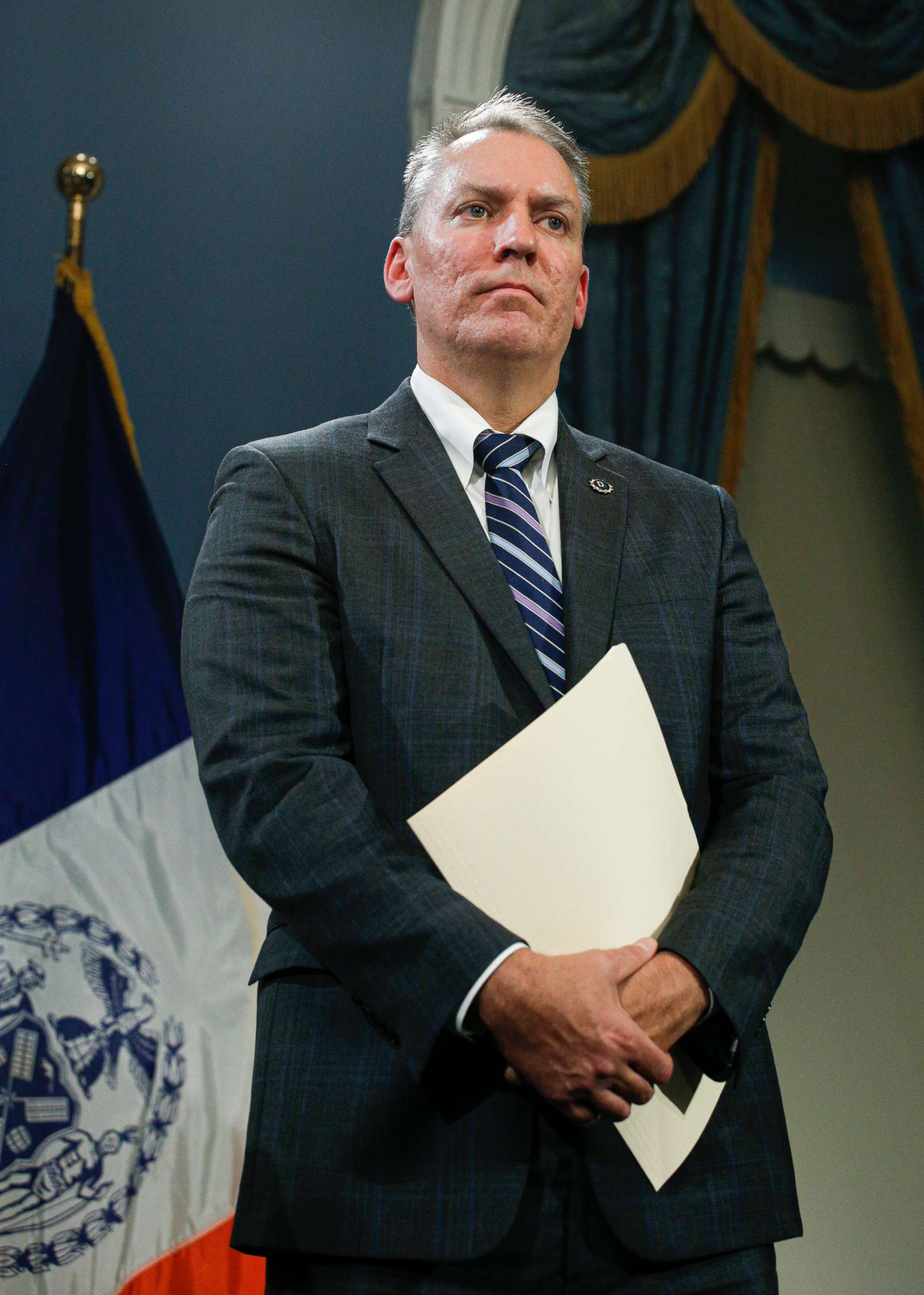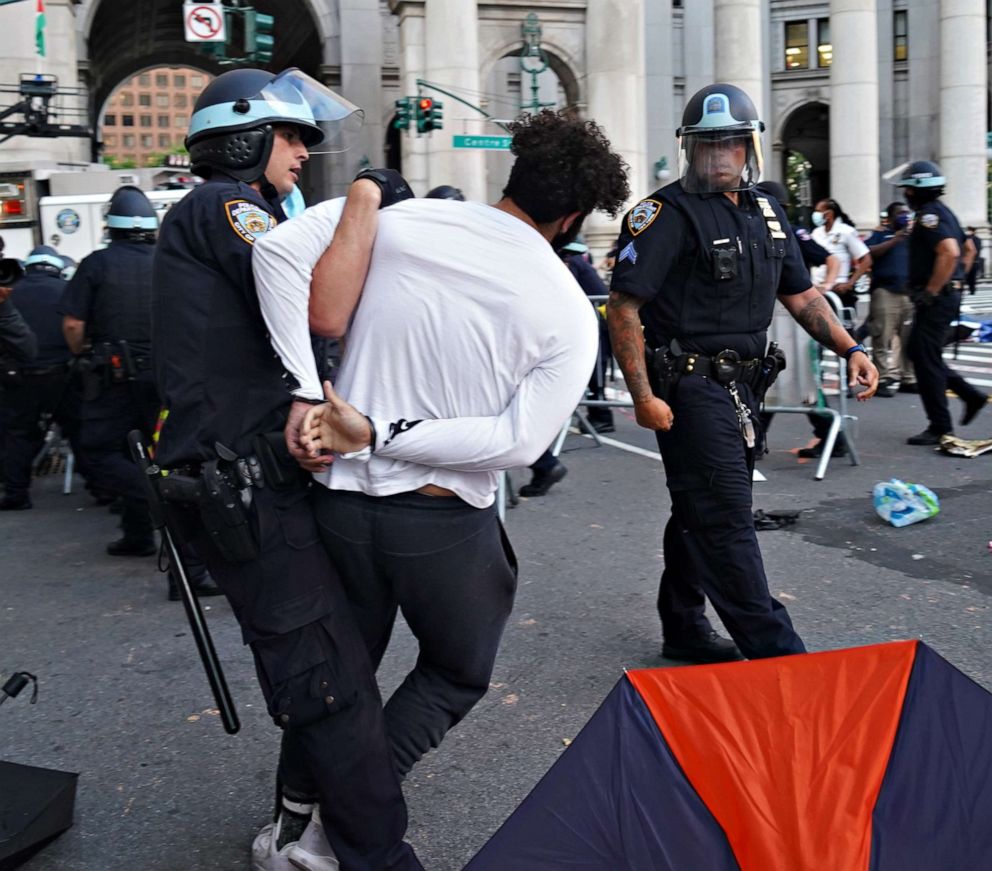'Unprecedented' NYC police discipline guidelines could serve as model throughout US
"Ultimately, everything has to drive, in my view, toward building trust."
Heralding a "major, unprecedented step" toward holding errant police officers accountable, the Civilian Complaint Review Board and the New York Police Department on Thursday signed a memorandum pledging to follow a new discipline matrix that officials said could become a model for the nation.
The guidelines are the product of a nearly two-year process and meant to streamline and standardize discipline in the nation's largest police force that, until now, had been left largely at the whim of the police commissioner.
While the police commissioner remains the final arbiter, CCRB Chairman Fred Davie said the matrix represents a "major, unprecedented step in the right direction" and a "significant breakthrough."
"I think the closer we can get to the CCRB's decisions being final, the better we'd feel," Davie said. "I think we have come as far as we can."
Police Commissioner Dermot Shea said the guidelines will help the department build trust with members of the public skeptical of police discipline.
"Ultimately, everything has to drive, in my view, toward building trust. I believe that can happen with me as final arbiter," Shea said.

The new guidelines call for harsher penalties for violations involving excessive force, making false statements or profiling. They also give the CCRB greater access to officer records, including employment history.
"The goal of this memorandum of understanding and the discipline matrix is to achieve consistent and fair discipline recommendations," the memo said.
The signing took place at St. Paul's Chapel in lower Manhattan, a neutral site equidistant to the NYPD and CCRB. Davie and Shea noted the building's place in history as newly inaugurated President George Washington's first stop and, more recently, as a place of refuge for police officers and firefighters working the pile on 9/11.
"I requested that we do it in what can be seen as a neutral place," Davie said, "and I thought no better symbol than this place."

Patrick Lynch, president of the Police Benevolent Association of the City of New York, released the following statement:
"Apparently mandatory minimums and sentencing guidelines are unfair to criminals but perfectly fine for cops. This matrix has nothing to do with fairness. It's an avenue for the City Council's policing 'experts' -- the ones who brought chaos back to NYC -- to manipulate NYPD discipline to further their radical political goals. Just watch as the punishment guidelines are changed based on headlines and poll numbers, rather than any objective sense of justice or fairness."
Aaron Katersky reports for ABC News Radio:




